When the unnamed narrator of Sarah Bernstein’s The Coming Bad Days leaves the man with whom she has been living because she can’t bear the sight of the tidy line of his shirt collars hanging in the wardrobe, she triggers an existential crisis that dominates this debut novel: ‘The notion that I was free in theory but also in practice to do whatever I liked with my life was terrifying: it was nothing short of a nightmare.’
She moves to a cottage, where she lives alone, worrying variously about the plight of women and the state of a world that is on fire or under water depending on the season. She contemplates suicide, but is too cowardly for this ‘pitiful act of self-assertion’, and instead lands a job at a university, where she chooses to research Paul Celan, a postwar German-language poet who took his own life.
The story, such as it is, unfolds via a series of vignettes laced with wry takes on mundane experiences, from the banality of train travel to the surprising popularity of team sports among academics. An unexpected relationship with a fellow academic, Clara, provides drama and prompts a reckoning for our troubled protagonist as she mulls what’s going to happen, a question that becomes something of a refrain. It’s telling that the pair meet at a seminar about John Clare, an early eco-poet.
If this sounds bleak, it is, but Bernstein, an academic at the University of Edinburgh, writes with a poet’s touch, and her observations feel familiar. There is empathy with the narrator’s fury when she is walking alone in the dark and a smile from a strange man has her fumbling for something sharp in her bag, angry at the disparity between
the frictionless manner by which he progressed through the city, while I crept low to the ground like a slug, my soft and slimy body licking the tarmac, aware of the perils awaiting me above and below but basically powerless to stop them coming.
Bernstein’s pessimism evokes the likes of Arthur Schopenhauer and Thomas Bernhard, chiming all too well with the current discourse around issues of male privilege. When something terrible happens, the narrator blames herself:
Sometimes we will the darkness into being because the anticipation is a thing much more terrible, and I knew that we both had apprehended even in girlhood the bad days to come.
Ultimately, she realises the trick is deciding to make the best of even the worst days, a sentiment that might help to save us all.
Got something to add? Join the discussion and comment below.
Get 10 issues for just $10
Subscribe to The Spectator Australia today for the next 10 magazine issues, plus full online access, for just $10.
You might disagree with half of it, but you’ll enjoy reading all of it. Try your first month for free, then just $2 a week for the remainder of your first year.

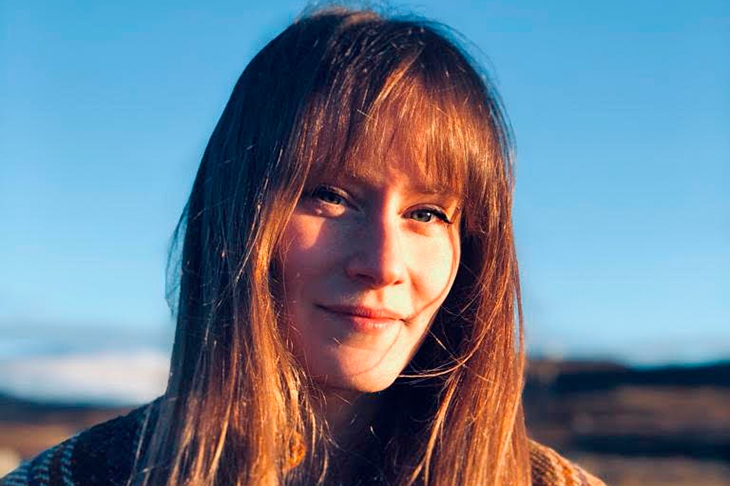
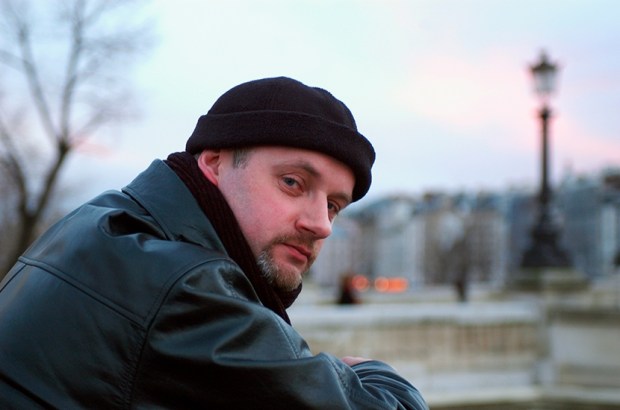
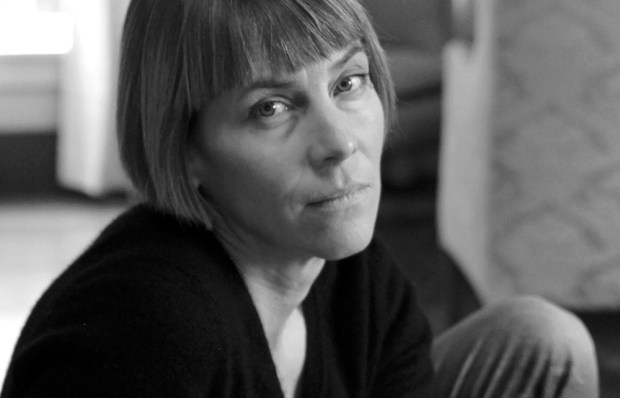
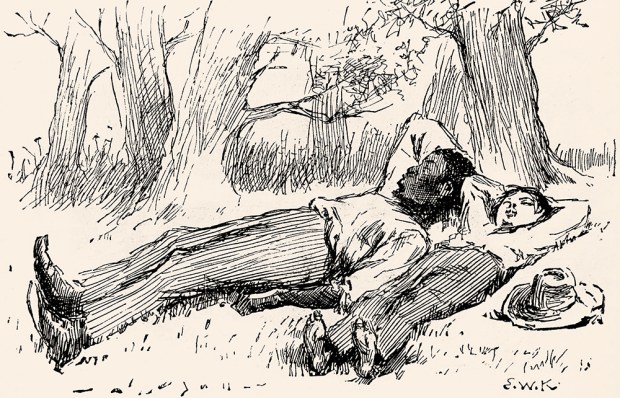

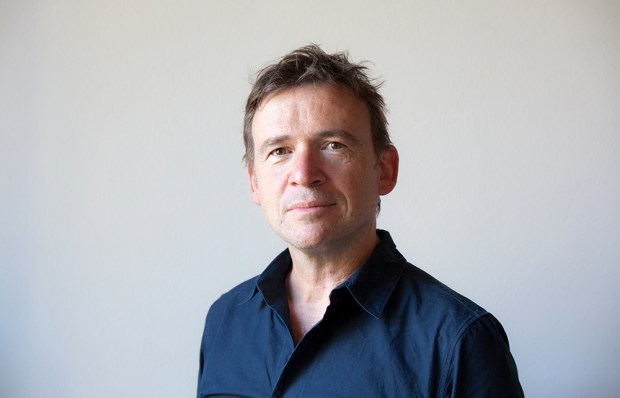







Comments
Don't miss out
Join the conversation with other Spectator Australia readers. Subscribe to leave a comment.
SUBSCRIBEAlready a subscriber? Log in